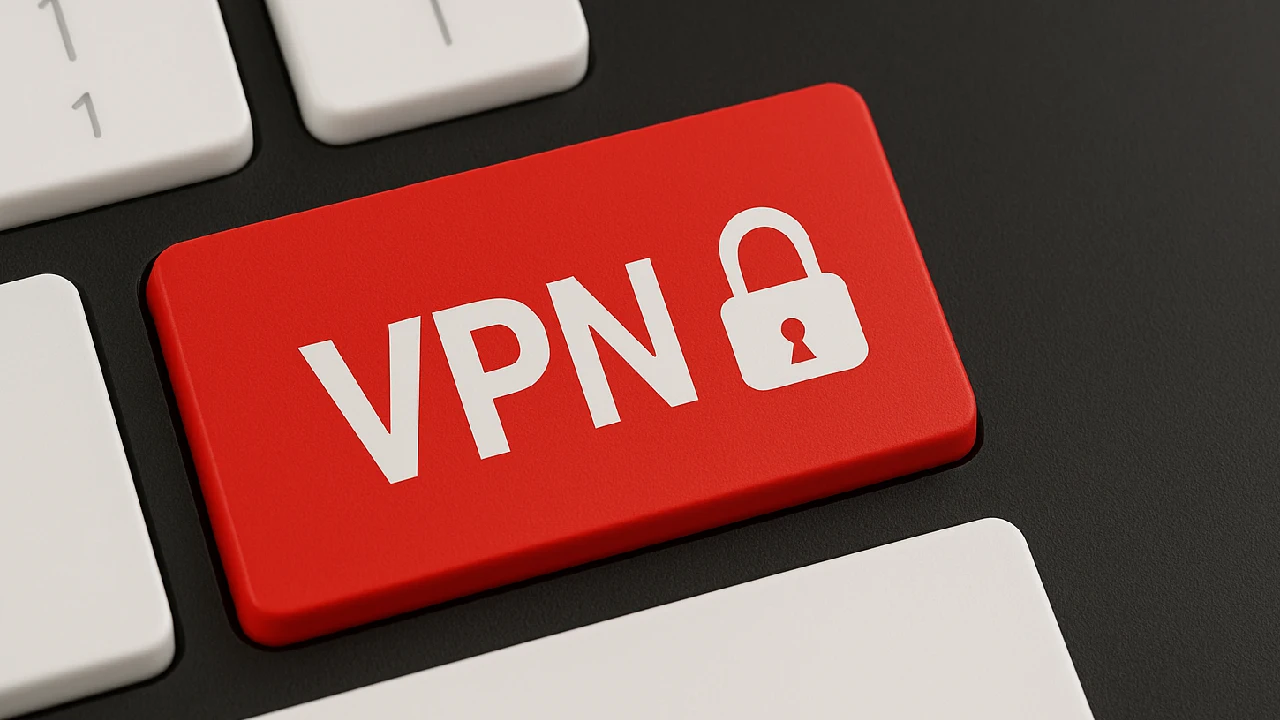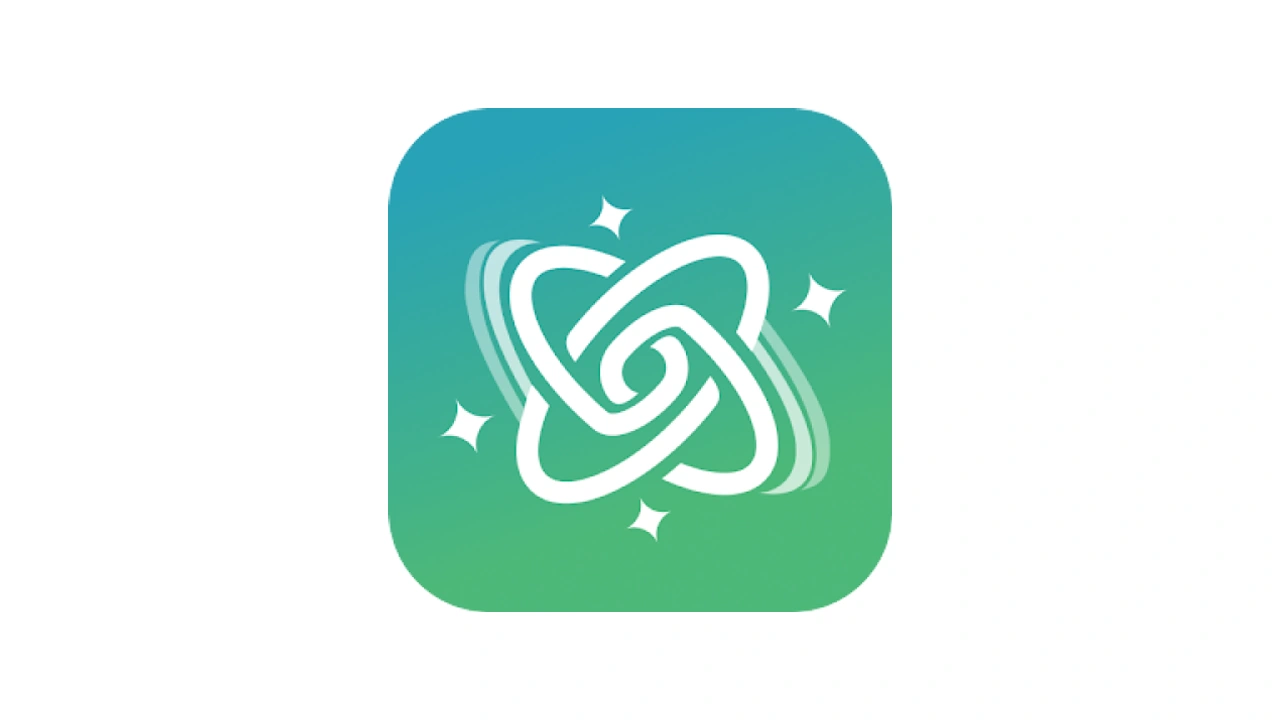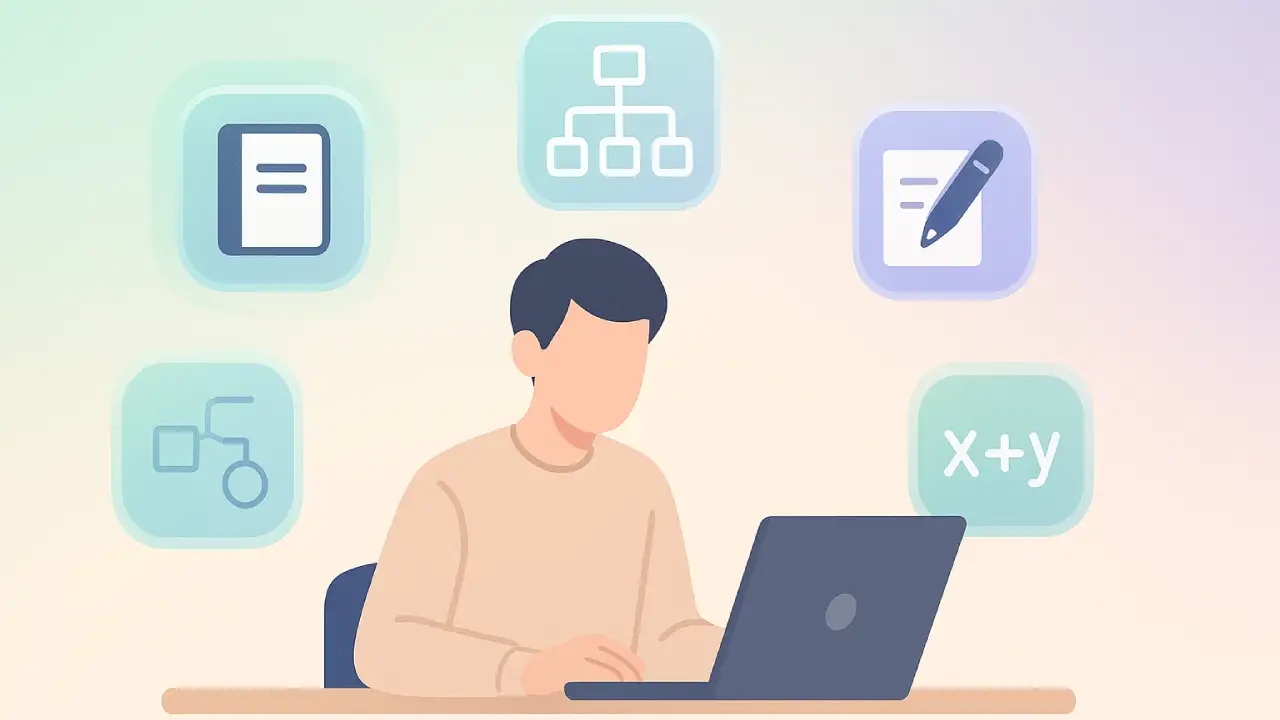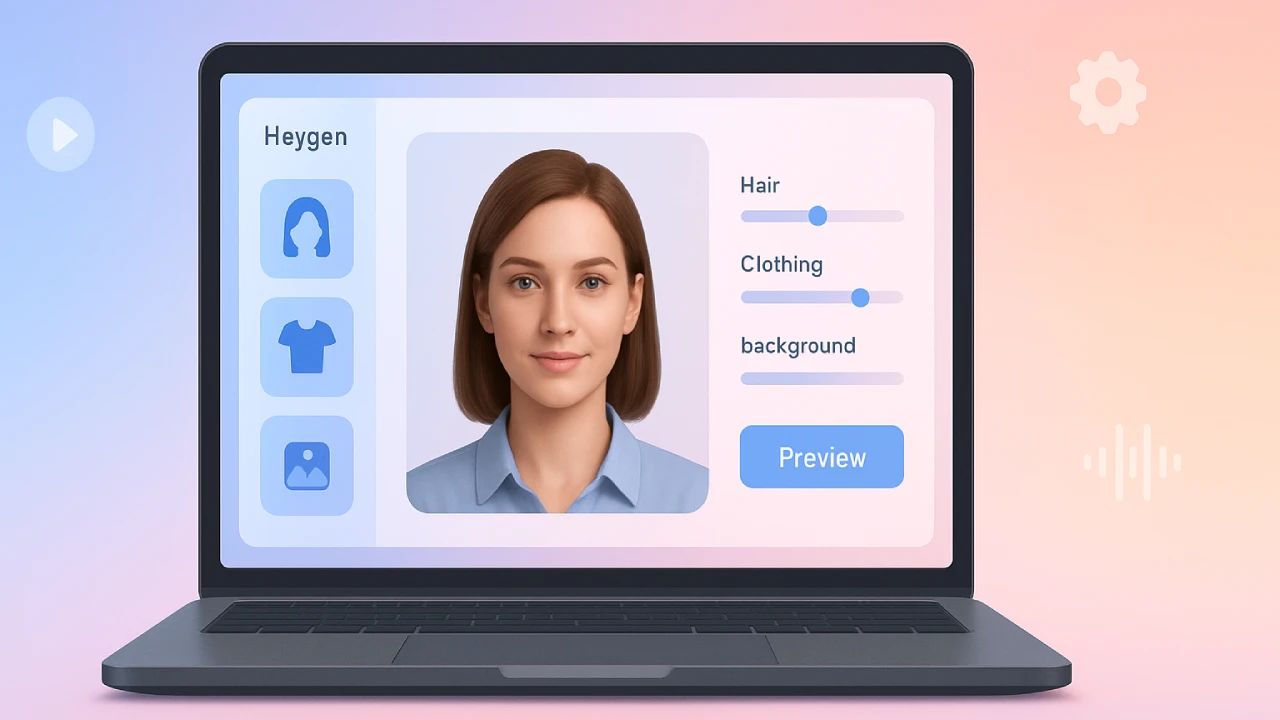How VPN protects privacy online through encryption, IP masking, and secure tunneling. Learn how a VPN keeps your data safe.
Have you ever used a café’s free Wi-Fi and worried about your online safety? You’re not the only one. It’s more crucial than ever to keep your online privacy in today’s data-driven world. That’s where VPNs, or virtual private networks, come in. VPNs were first made for corporations, but now they are an important tool for anyone who wants to keep their online privacy, anonymity, and security safe.
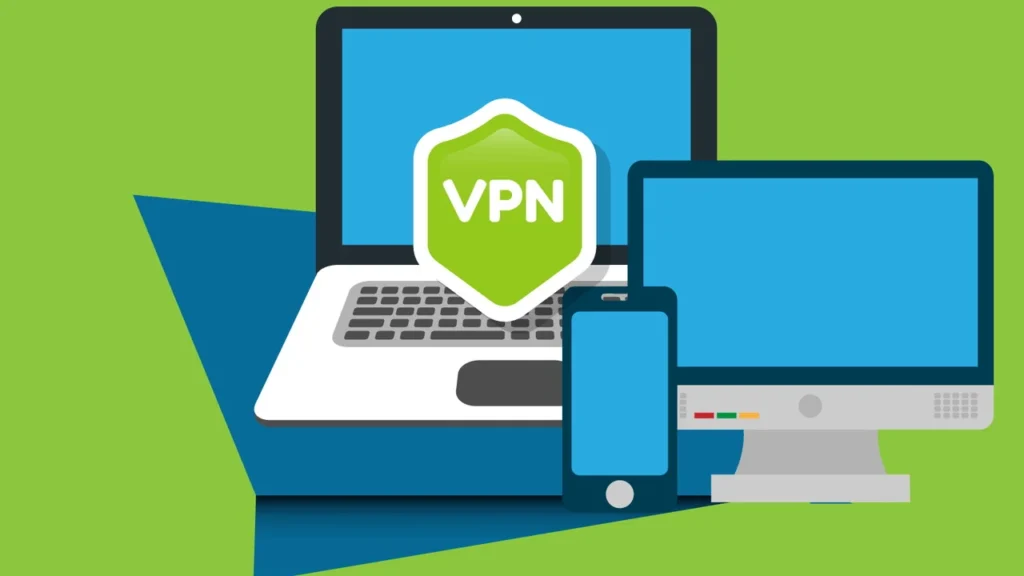
We’ll explain in this blog what a VPN is, how it protects your data, and why millions of people use it to make their browsing safer.
What Is a VPN?
A VPN, or Virtual Private Network, is a way to connect your device to the internet safely and with encryption. You can think of it as a private tunnel that keeps your IP address, location, and personal information safe from hackers, websites, and even your internet service provider (ISP).
Your IP address and behavior are visible to everyone when you don’t use a VPN. This can be dangerous, especially on public networks like Wi-Fi at hotels or airports.
How VPN Protects Your Privacy
1. Encryption and Secure Tunneling
Encryption is what makes a VPN safe. When you use a VPN to connect to the internet, your data is scrambled into unreadable code using sophisticated encryption methods. This encrypted data goes through a safe tunnel that keeps it safe from hackers, ISPs, and spying.
Even if someone intercepts your traffic, they can’t decipher it.
2. IP Address Masking
Like a digital fingerprint, every device on the internet has an IP address. A VPN hides your true IP by sending your data through its own server.
This means
- Websites see the VPN server’s IP, not yours
- Your real location stays hidden
- It’s harder for advertisers or trackers to build a profile on you
3. Rerouting Through a VPN Server
Instead of going straight to websites, your traffic first goes to a VPN server. It then goes to its final destination.
This rerouting gives you:
- Extra privacy, as your ISP can’t see which websites you visit
- Greater control, since you can choose VPN servers in different countries
4. Anonymity and Data Protection
VPNs offer near-total anonymity online.
They:
- Prevent apps and websites from knowing your identity
- Secure sensitive actions like banking or sending personal emails
- Help protect against identity theft and data breaches, especially on open Wi-Fi networks
5. Accessing Geo-Restricted Content
Have you ever wanted to watch a show that is not available in your region? VPNs let you change your virtual location by selecting a server in another country.
This lets you:
- Unblock streaming services (Netflix, Hulu, etc.)
- Access news sites and apps that may be censored
- Compare prices on flights or hotels, which can vary based on location
6. VPN “No-Logs” Policy
Top VPN providers often follow a strict no-logs policy, meaning
- They don’t track your browsing history
- They don’t store your IP address or session details
- Even if compelled by law, they have nothing to share
The service offers a deeper level of trust and transparency.
Pros and Cons of Using a VPN
Pros
- Total data encryption
- Hides IP and location
- Access to blocked or restricted content
- Extra security on public Wi-Fi
- Reduces digital tracking and profiling
Cons
- Slightly slower speeds (due to encryption overhead)
- Free VPNs may be unreliable or sell data
- Some services may block VPN IPs (e.g., certain banks or Netflix regions)
Real-World Use Cases
Here’s how people actually use VPNs every day:
- Students use VPNs to bypass content restrictions on school networks
- Travelers connect to home country services while abroad
- Remote workers use it to securely access company resources
- Privacy advocates protect against surveillance and censorship
- Everyday users secure themselves on free Wi-Fi in airports, malls, and cafés
Conclusion
A VPN keeps your information private by encrypting it, masking your IP address, and sending your traffic through secure servers. A VPN protects your online activity like an armored tunnel, whether you’re working from home, traveling, or just browsing the web.
If you care about your digital freedom, buying a trustworthy VPN might be the best thing you can do online.

